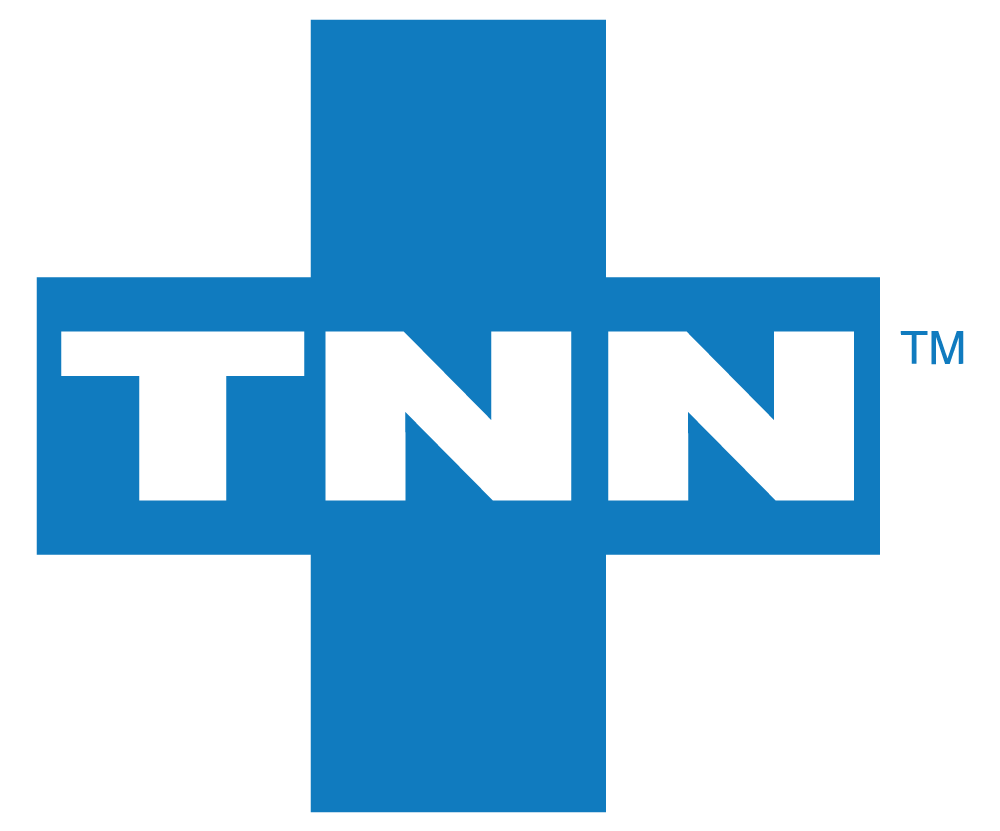
TNN Bulletin
Nurses have an important role in breaking unpleasant news to patients.
Bad news has been defined as any knowledge that can have a negative influence on how a person perceives their future. In your nursing profession, you will frequently have to convey unpleasant news to patients and their families.
Isn’t it true that it’s easier said than done? According to one research, 50% of parents were dissatisfied with how they were informed about their child’s congenital deafness.
Burnout and weariness, personal challenges, behavioral beliefs, and subjective attitudes such as dread of death can all have an impact on a nurse’s ability to convey terrible news gently.
Total Nurses Network has compiled some suggestions for nurses who are dealing with unpleasant news.
- Preparation
Although this procedure may appear simple, most nurses deal with several patients during their long-hour shifts, making it necessary.
Before informing a patient of terrible news, ensure that you are well informed with the facts of the situation and the information surrounding it.
- Communication
Patient-centered communication is an important aspect of providing high-quality patient care. This type of communication necessitates a high level of professionalism, patience, and drive.
Nurses should ask open-ended inquiries to understand what the patient expects and their present level of awareness about their condition.
Communication with different members of staff over a shift can often be confusing.
This will allow you to adjust how and where you offer the information.
- The Way of Delivery
It might be difficult to locate a private room in a medical setting; yet, giving terrible news in private allows the patient/family to vent their feelings in a safe environment.
The first stage in conveying the news is to “Fire a Warning Shot” and notify the patient and family that the upcoming news is not good. For example, mentioning “Things aren’t going as planned” enables the patient and family to emotionally prepare for the information that will come.
It is advisable to present tiny quantities of fresh facts at a time to give the patient enough time to comprehend everything.
- Empathy
When given terrible news, patients will experience a wide range of emotional reactions. This might range from complete quiet to wailing and crying.
To minimize discomfort between the Nurse and the patient, a suitable and polite response to the patient’s mood while receiving unpleasant news is vital. This will mostly include displaying empathy and understanding to the sufferer.
Tips for the Future
Returning to the preparation stage, revisiting recommendations that might assist the patient/family in moving ahead is critical, regardless of how ‘terrible’ the news is.
For example, if no further therapy is available, mental health support to assist people cope with the news can be provided.
Alternatively, if the patient is willing to address it, a clear discussion of the treatment plan should take place.
Things Need To Be Avoided:
- Because everyone is different, do not assume that all patients will respond the same way to a circumstance.
- Avoid hurrying the dialogue since it is critical to provide the patient adequate time to communicate their emotions, which may be challenging when the place is busy.
- Avoid hindering the patient’s comprehension—for example, don’t offer the patient “false hope” when attempting to be positive.
Conclusion
As you are well aware, breaking terrible news has always been a difficult responsibility. This resource should assist you in your nursing profession.
If you are a nurse searching for part-time work or flexible agency nursing shifts, we would love you to be part of our Total Nurses Network family. As your trusted nursing agency, we are here for you every day and routinely update our website with tools, blogs, and information to help you.








